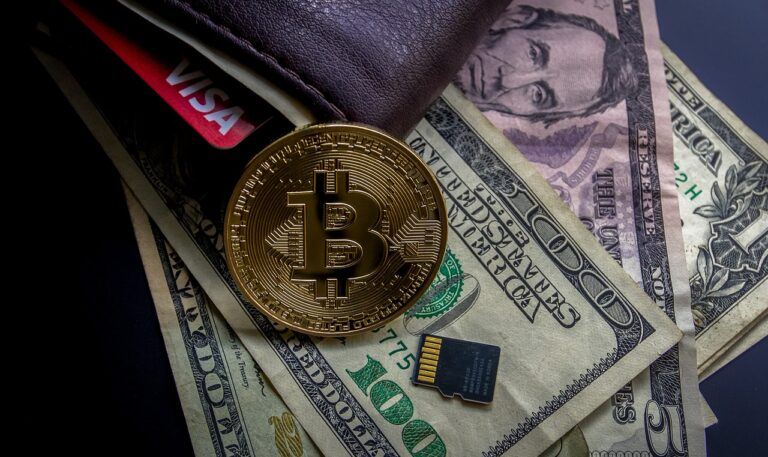Leading social trading platform eToro recently announced that it would start paying out users in fiat money instead of supporting the controversial bitcoin (“Satoshi Vision”) SV fork of bitcoin cash (which took place on November 15th, 2018).
According to eToro’s announcement, users will receive $92 for each bitcoin cash (BCH) they held in their account before the hard fork was completed last month. In an official blog post, eToro’s management team wrote: “The price [of each bitcoin SV token] was determined by the price of [the total] bitcoin cash SV available to eToro at the time the credit was processed by us.”
Crediting Customers Who Held “Long (BUY) Non-Leveraged BCH Positions”
Going on to explain why the trading platform will not be listing bitcoin SV, the blog post noted that after the hard fork, bitcoin cash ABC “remained the dominant chain.” This is why the ABC chain is now referred to as bitcoin cash (BCH) by eToro and other exchanges. At present, BCH is supported by most major trading platforms including eToro.
eToro’s post also clarified that the social trading network is “not obligated to support forks”, however the company’s management has “decided to credit [its customers] who held long (BUY) non-leveraged bitcoin cash positions” at the time of the hard fork. In order to “see the funds which will be added to their accounts”, users would have to go to the “cashflows” page from their dashboards.
As CryptoGlobe reported on December 10th, a researcher had warned that bitcoin SV was vulnerable to double spending. The cybersecurity specialist had uploaded a video to Vimeo which appeared to show a vulnerability being exploited on the Bitcoin SV network. As demonstrated in the short video clip, the researcher was able to repeatedly engage in double spending transactions while on the SV network.
Bitcoin SV Vulnerable To Double Spending
The researcher (named “reizu”) conducted a multi-phase test in which he showed how he was able to “double spend” BSV tokens via a “0-conf transaction.” This, reizu had claimed, showed that the bitcoin SV network is vulnerable to attacks. Craig Steven Wright (CSW), the self-proclaimed inventor of Bitcoin and one of the primary supporters of BSV, had previously stated that the BSV network would be sufficiently secure and it would not be susceptible to these types of attacks.
In an exclusive interview with CryptoGlobe (in late November 2018), CSW had claimed that the Bitcoin SV network would be able to scale to process 1000x more transactions than “all blockchains” and PayPal combined. The prominent Australian computer scientist had also told us there were bugs in version 0.1.0 of the Bitcoin Core codebase. “These will be fixed and the software returned to the state it was when it started”, CSW said.
Notably, he also promised:
In under 2 years, [the Bitcoin SV developers] will handle 1000x more [transactions] than all “Blockchains”, Paypal, and others combined. The aim for two years is [for the network to process] 1 to 2 million transactions per second (TPS).









